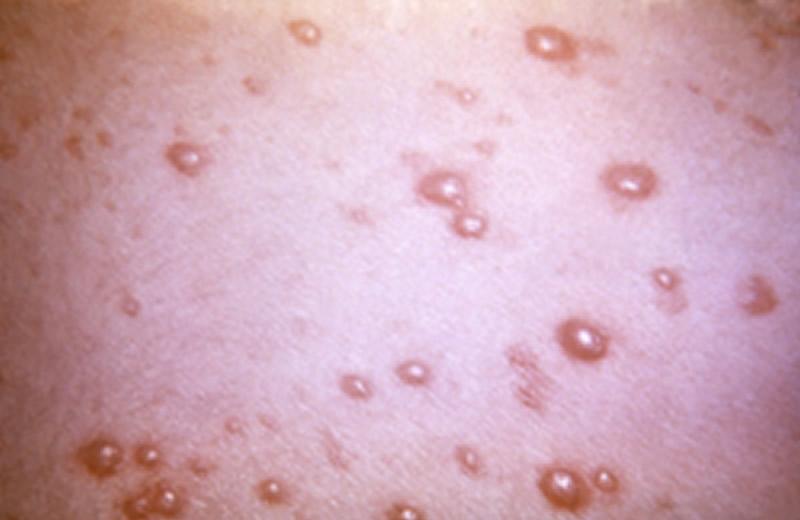Keeping up-to-date with vaccinations
For many adults, staying healthy means eating a well-balanced diet, staying active and maintaining strong social connections. All of these factors are important, but one frequently overlooked aspect of our physical health is keeping up-to-date with our vaccinations.
As we age, vaccinations remain a safe and effective way to help prevent serious illness and complications that can result from exposure to certain viruses and bacteria. One viral infection that can make an appearance as we age is shingles. Here's what you need to know to steer clear of this unpleasant experience:
What causes shingles?
Do you remember getting chickenpox as a child and suffering from an itchy rash of blisters? Well, when your rash cleared up and you started feeling well again, it was just the virus going into hibernation mode in your body. Shingles, or herpes zoster, occurs when the chickenpox virus decides to wake up from its long nap.
Who gets shingles?
Shingles can affect anyone with a history of chickenpox, but it is most common and more severe in people over 50 years of age and those individuals with immune systems that have been weakened by medication or disease. The lifetime risk of getting shingles is about 30%. In Canada, it is estimated that there are 130,000 new cases of shingles each year!
What does shingles look like?
- A rash typically appears on one side of the face or body and may last for 2-4 weeks.
- Before the rash appears, some people experience pain, itching or tingling of the skin.
- Early symptoms may also include fever, headache, nausea, chills and sensitivity to light.
- Approximately 1 in 5 people get severe, long lasting pain known as post-herpetic neuralgia.
How is shingles treated?
Your health care provider may prescribe an antiviral medication to treat shingles. It is best to start these medications as soon as possible after the rash appears. Early treatment can shorten the length of time the illness lasts and may keep the illness from getting worse. So, if you think you might have shingles, see a health care provider as soon as possible.
What do I need to know about the shingles vaccine?
- In 2008, a shingles (zoster) vaccine was approved for use in Canada for individuals 50 years of age and older.
- It is recommended, but not provided free, for people over 60 years of age. Only one dose is need for protection.
- The vaccine is safe and effective, and has been shown to reduce the risk of getting shingles by 50%.
- If you get shingles after being immunized, the vaccine can reduce the amount of pain you experience.
- The shingles vaccine can be purchased at most travel clinics and pharmacies for about $200. Some health insurance plans may cover the cost of the vaccine.
What do I need to know about preventing shingles?
- Shingles is not spread through sneezing, coughing or casual contact.
- A person is not contagious before the rash appears and once the skin lesions crust over.
- People with shingles should cover their rash, avoid touching their rash, and wash their hands often.
- When a person with shingles infects another person with the virus, that virus will cause chickenpox, not shingles.
- Chickenpox will only occur in people who have not had chickenpox before, nor been immunized against it.
Shingles and vaccine resources
- Herpes zoster (shingles) vaccine: Canadian Immunization Guide - Government of Canada
- Shingles - BC Centre for Disease Control (BCCDC)
- What are shingles vaccines? - Immunize BC














Comments